Reviving the land, nurturing hope: The story of Maman Issoufou in Bouloun Kourou
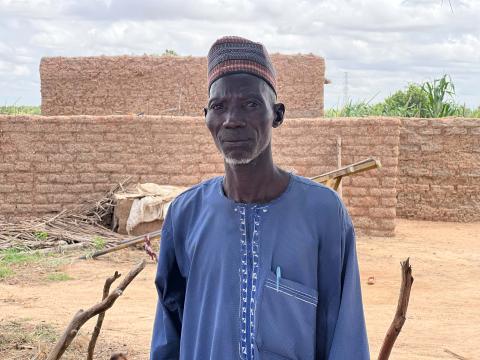
Reviving the land, nurturing hope: The story of Maman Issoufou in Bouloun Kourou
In the village of Bouloun Kourou, located in the Maradi region of Niger, economic and nutritional challenges were once overwhelming. Advanced land degradation, water scarcity, and food insecurity forced many families to flee their homes. Maman Issoufou, a 62-year-old father of 13, says:
"I've lived here since I was one year old. Like the other inhabitants of the village, the land is our main source of subsistence and survival. Unfortunately, due to several factors, this source began to deplete and become unproductive. It had become a desert, without grass, without life. Over the increasingly difficult years, precariousness set in in my household. To feed my children, I sold one hectare of land every year for four consecutive years. Even my inherited 8 hectares were so degraded that I had abandoned them.”
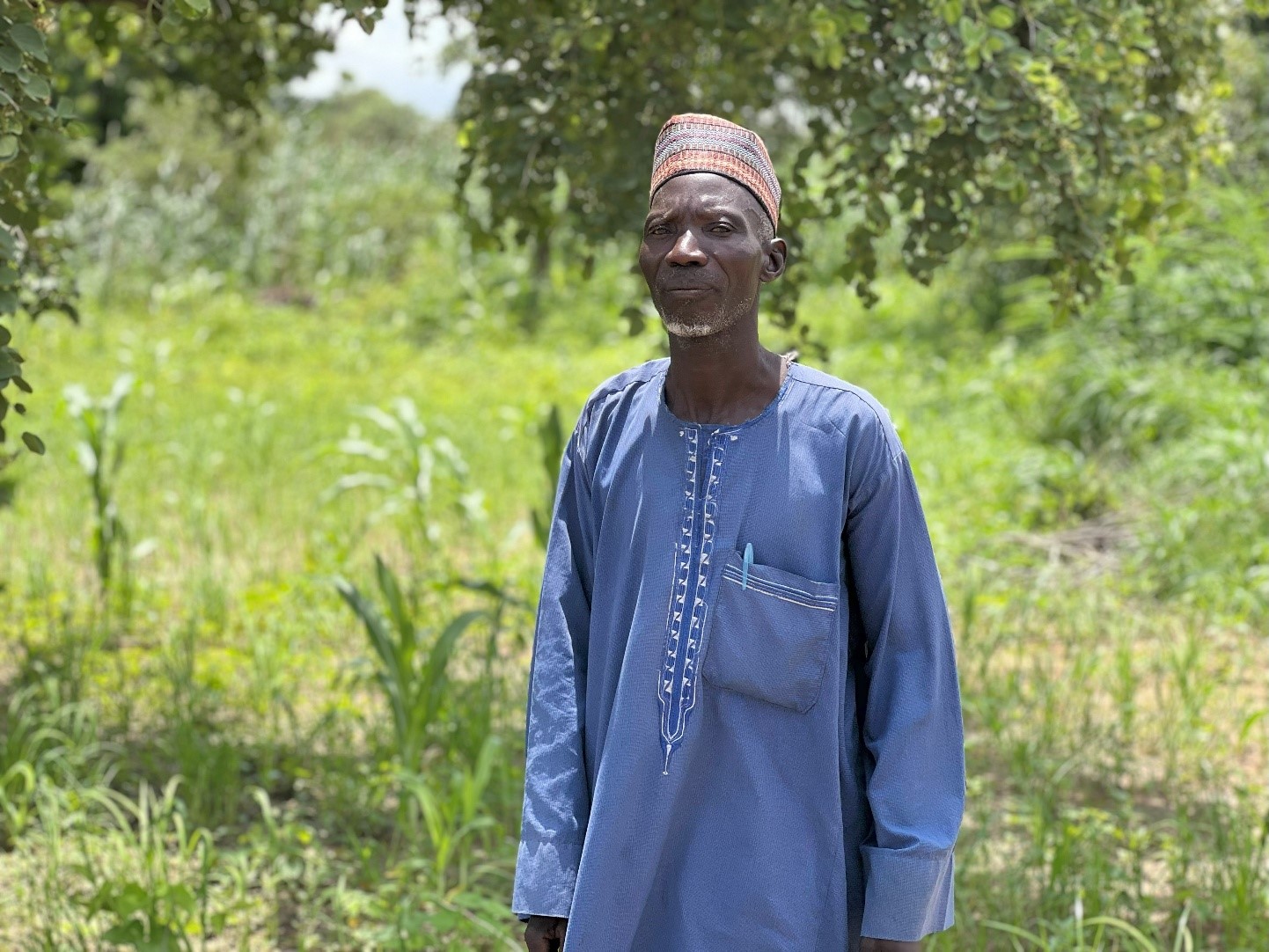
The situation was critical. Animals were starving, children were suffering from malnutrition, and access to water was also a nightmare:"We only had one 79-meter-deep well for the entire village. Drawing water was a daily struggle."
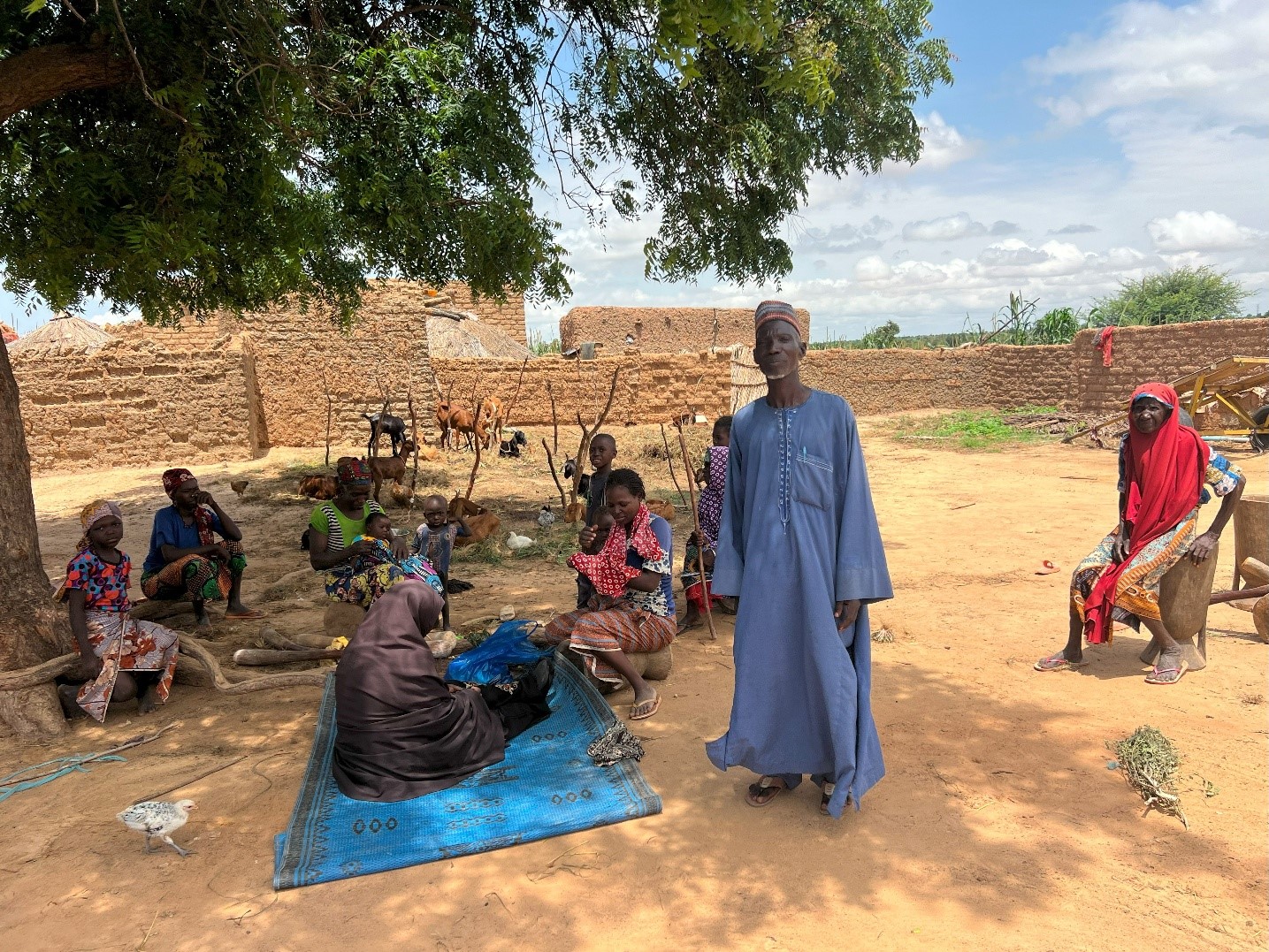
But in 2019, a decisive turning point came with the arrival of the Maradi Integrated Resilience Project (MIRP), funded by the World Food Program (WFP) and implemented by World Vision. The project focused on restoring degraded land and improving food security."The project took my abandoned 8 hectares and restored them. Today, I'm amazed: the field is green and productive again." »
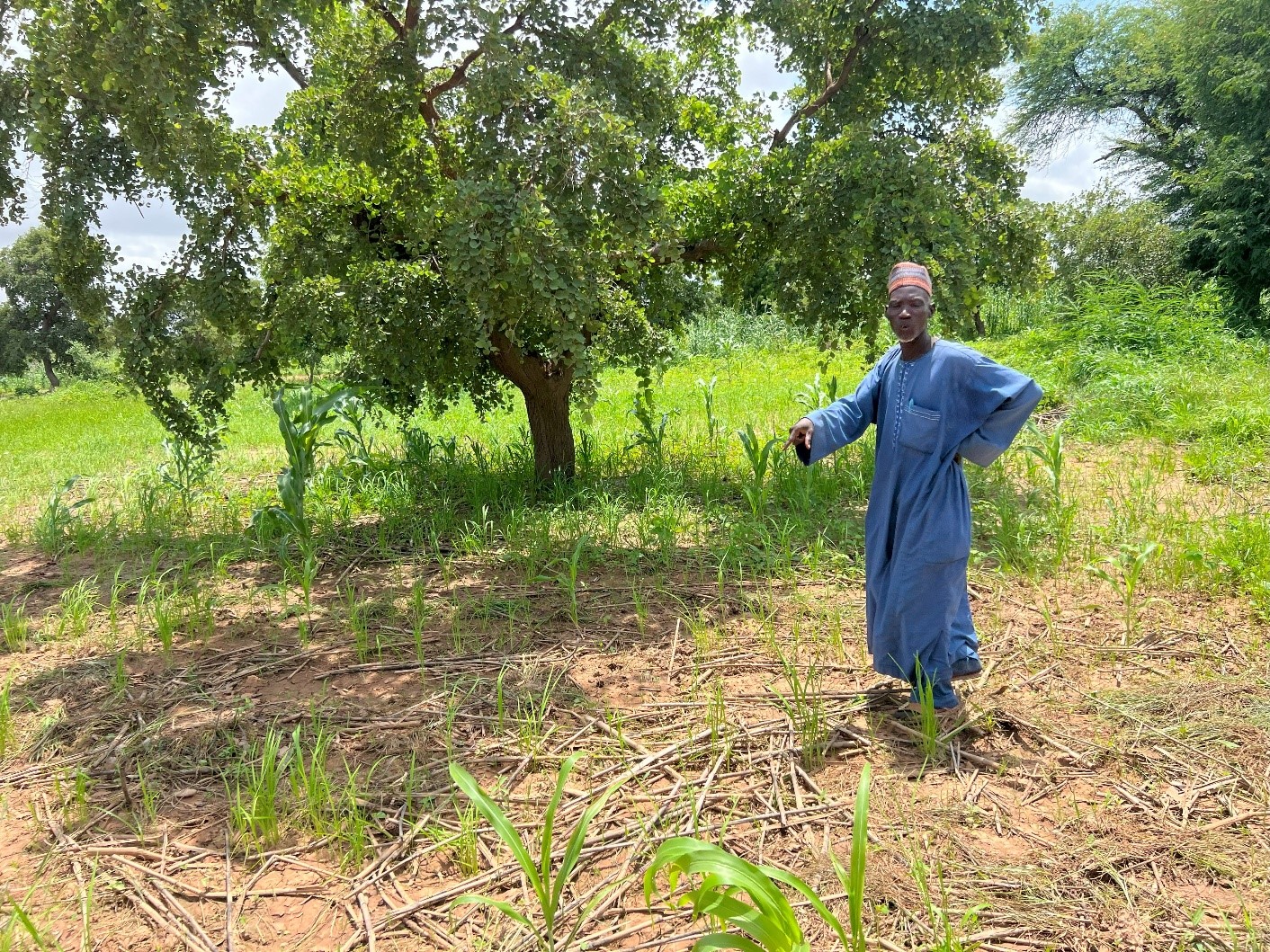
Thanks to the activities of Food for Assets (FFA), Maman Issoufou was able to work on the recovery sites and receive a monthly salary:"I received 32,500 CFA francs for 20 days of work, then 19,500 francs for 15 days. I worked seven months a year. And for three years, we also received bonuses of 26,000 CFA francs during the rainy season."With this income, he was able to rebuild his livestock, rent an additional 4.5 hectares to produce more, and even earn 9,000 francs a day by renting out his animals for plowing.
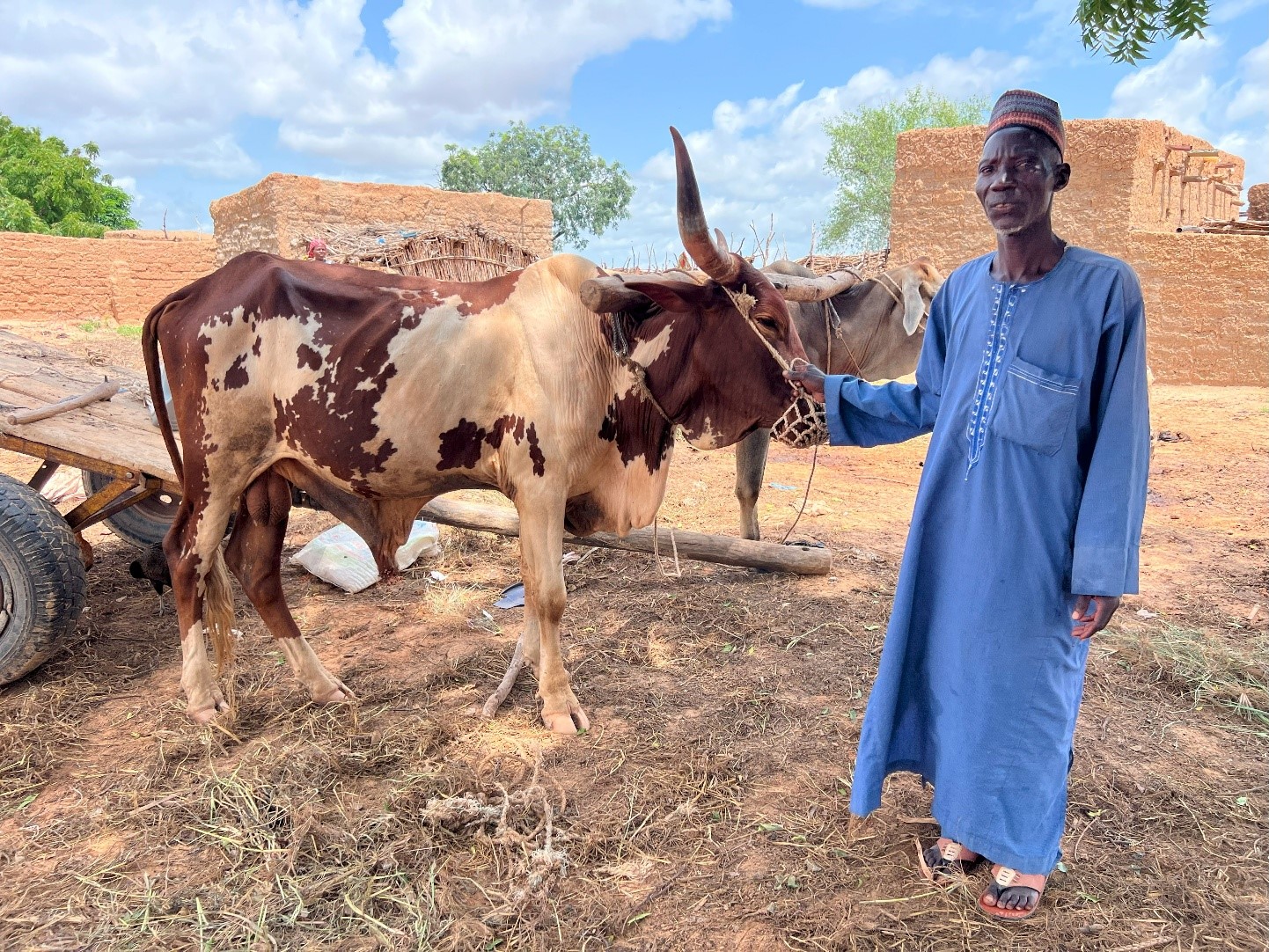
The project wasn't limited to land. It also had an impact on nutrition:"We received flour for children and nutritional supplements to combat malnutrition."And on the water front, a solar-powered borehole was installed:"This borehole really freed us from thirst and the ordeal of searching for water."
Today, Maman Issoufou is a model of resilience in his village. He no longer sells his land to survive. He produces, he invests, and he feeds his family with dignity."Without the arrival of the project, I wouldn't know where I would be today."But the needs remain:"Now we need a market garden to grow vegetables and improve our diet. And also, an additional water fountain for the village and another on the nursery site."His message is clear:"We truly thank the project and its initiators, WFP and World Vision. Thanks to them, our village is revitalized."
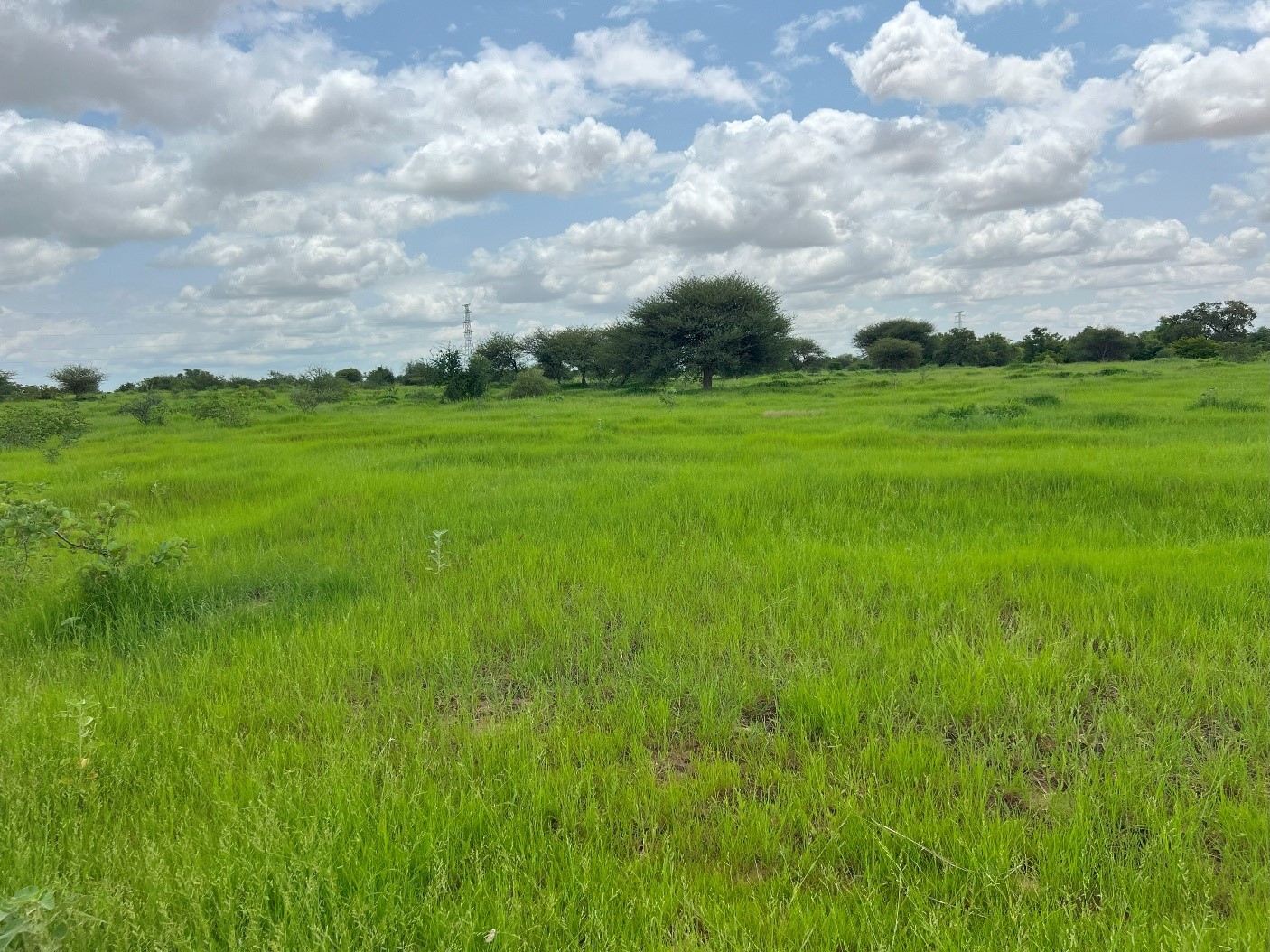
#RuralResilience
#LandRestoration
#WorldVisionNiger
#WorldVisionInternational
#FoodSecurity
#ClimateChange
#FoodForAssets
https://storyhub.wvi.org/Share/jre3wd821c5ff25i863p2lm25hw078h6
Niger formally adopts farmer-managed natural regeneration | Regreening Africa